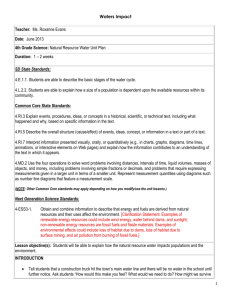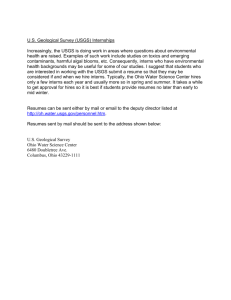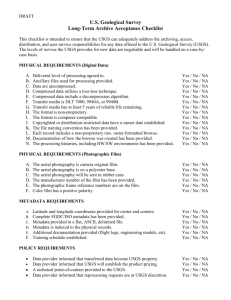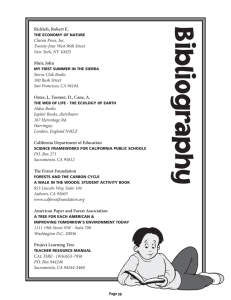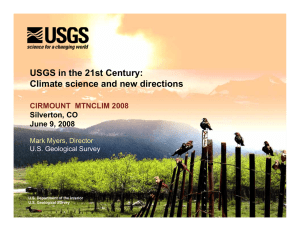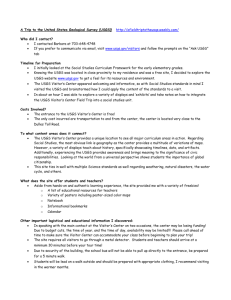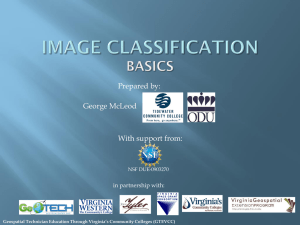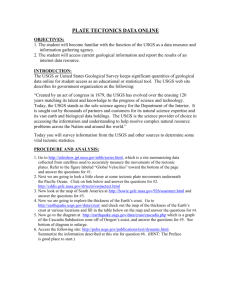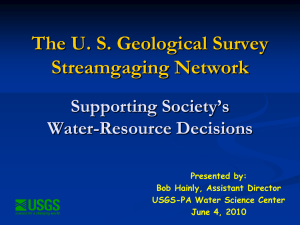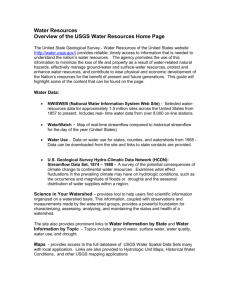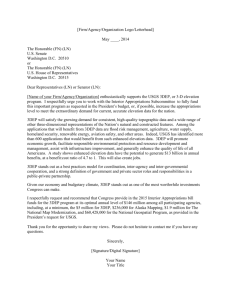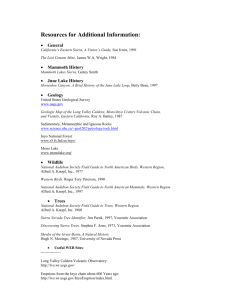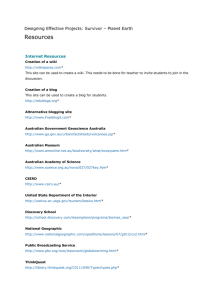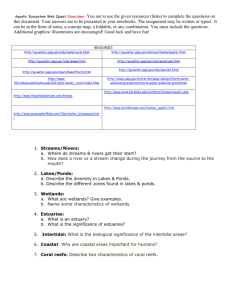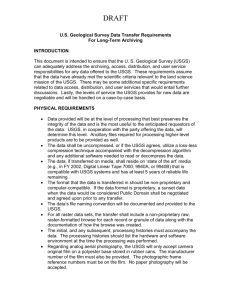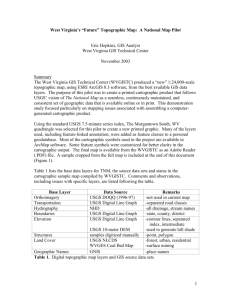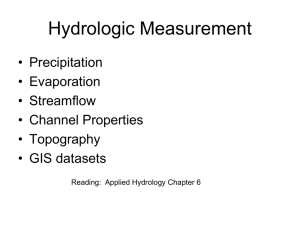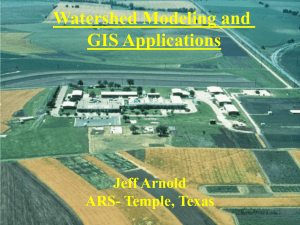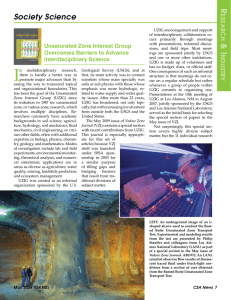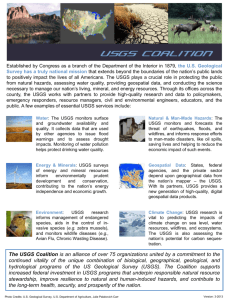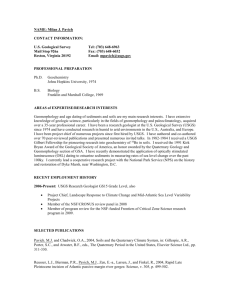Study Guide
advertisement
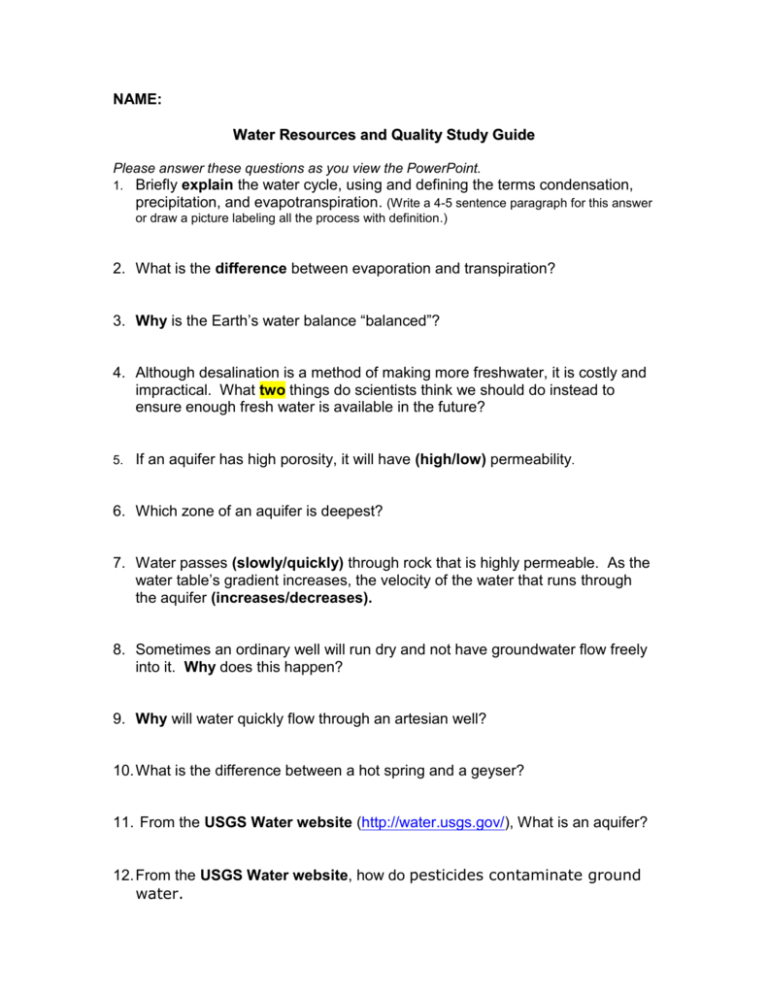
NAME: Water Resources and Quality Study Guide Please answer these questions as you view the PowerPoint. 1. Briefly explain the water cycle, using and defining the terms condensation, precipitation, and evapotranspiration. (Write a 4-5 sentence paragraph for this answer or draw a picture labeling all the process with definition.) 2. What is the difference between evaporation and transpiration? 3. Why is the Earth’s water balance “balanced”? 4. Although desalination is a method of making more freshwater, it is costly and impractical. What two things do scientists think we should do instead to ensure enough fresh water is available in the future? 5. If an aquifer has high porosity, it will have (high/low) permeability. 6. Which zone of an aquifer is deepest? 7. Water passes (slowly/quickly) through rock that is highly permeable. As the water table’s gradient increases, the velocity of the water that runs through the aquifer (increases/decreases). 8. Sometimes an ordinary well will run dry and not have groundwater flow freely into it. Why does this happen? 9. Why will water quickly flow through an artesian well? 10. What is the difference between a hot spring and a geyser? 11. From the USGS Water website (http://water.usgs.gov/), What is an aquifer? 12. From the USGS Water website, how do pesticides contaminate ground water. 13. From the USGS Water website (search for nitrogen on the USGS website is the quickest way to find this), what are two ways that nitrogen is introduced into our water supply? 14. From the USGS Water website: http://ga.water.usgs.gov/edu/mqanda.html Why does my drinking water look cloudy sometimes? 15. From the USGS Water website above: What is naturally in the water? 16. From the USGS Water website above: How is water quality measured? 17. Summarize what you learned from reading “Protect our Rivers” on this website: http://environmentamerica.org/programs/ame/protect-americaswaters 18. Summarize what you learned from reading “Preserve the Outer Banks” on this website.: http://www.environmentnorthcarolina.org/programs/nce/saveouter-banks 19. .Summarize what you learned from reading “Don’t Frack NC” on this website: http://www.environmentnorthcarolina.org/programs/nce/dont-frack-nc
